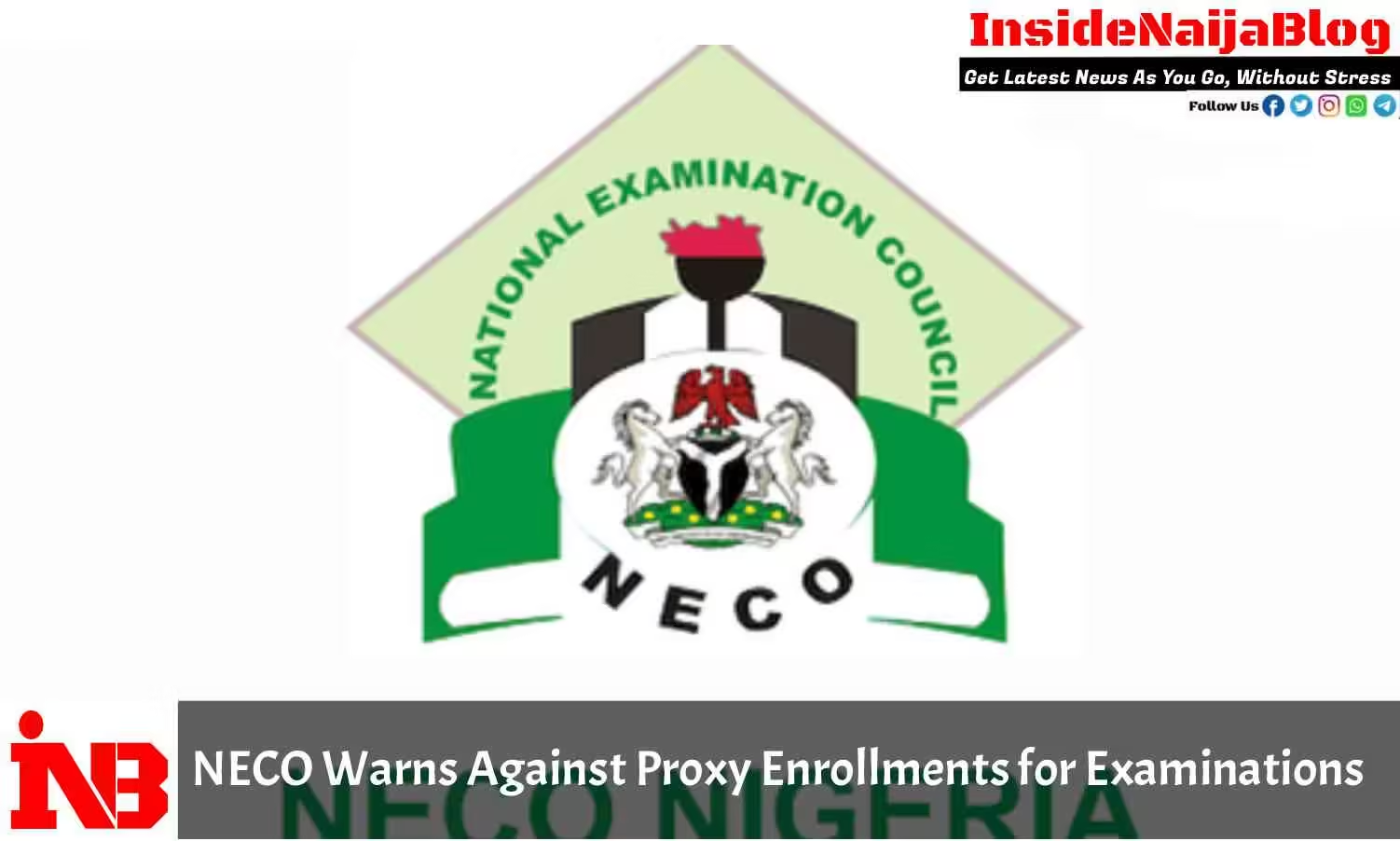UNICEF has launched the Nigeria Learning Passport (NLP) in Osun State, marking a significant step towards making education more accessible and engaging for children in the region. The platform, a digital learning tool, aims to provide children with quality education, regardless of their geographical location.
The official launch ceremony took place at the Olagunsoye Oyinlola Auditorium at the University of Osun (Uniosun) in Osogbo. UNICEF representative, Babagana Aminu, described the initiative as a vital collaboration between UNICEF and the state government. He emphasized that Osun is now the 21st state in Nigeria to adopt the NLP, which is part of a global effort to reimagine education.
Aminu further explained that the Learning Passport was developed globally by UNICEF in partnership with Microsoft during the COVID-19 pandemic when over 1.6 billion learners worldwide were deprived of access to education. He revealed that since its inception in 2022, the platform has successfully enrolled 1,478,984 students and is available for free online, on mobile devices, and offline, ensuring widespread accessibility.
Osun State Governor, Ademola Adeleke, represented by the Head of Service, Samuel Aina, reaffirmed the state’s commitment to leveraging the platform to improve educational outcomes. He highlighted the significance of the Learning Passport in providing continuous access to education for children, youth, and teachers globally. Governor Adeleke expressed confidence that the platform would enhance learning outcomes, providing a valuable tool for both formal education and other future opportunities.
Muritala Jimoh, the Permanent Secretary of the Ministry of Education in Osun State, described the NLP as a major achievement for the state’s education sector. He noted that Osun is now more open to partnerships with development organizations and donor agencies, marking a shift from the past approach of isolation to one of collaboration.
The launch of the Nigeria Learning Passport is seen as a transformative step towards improving education in Osun, with the potential to reach thousands of children and young learners across the state, helping to bridge the educational gap caused by geographical and infrastructural challenges.




